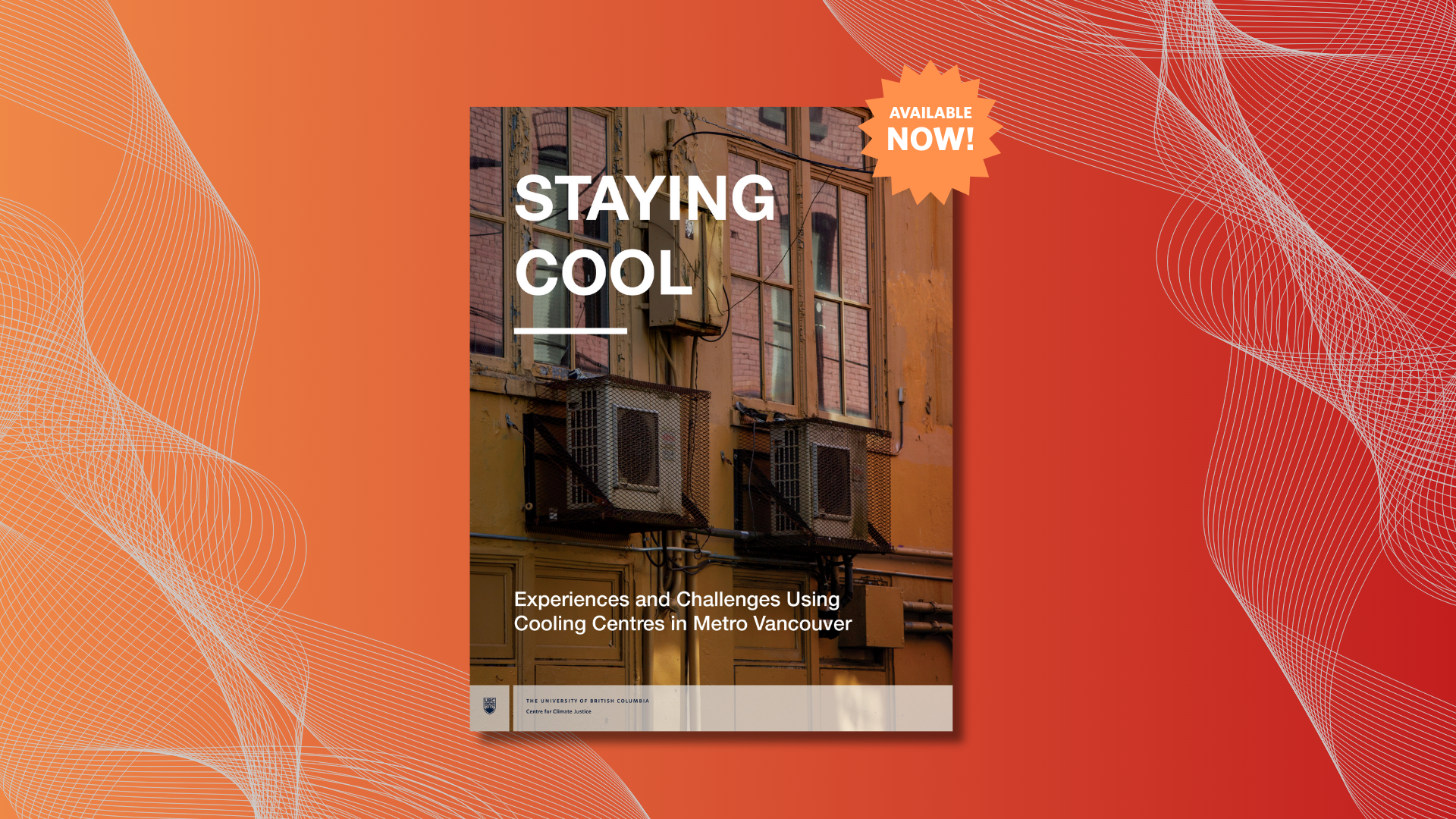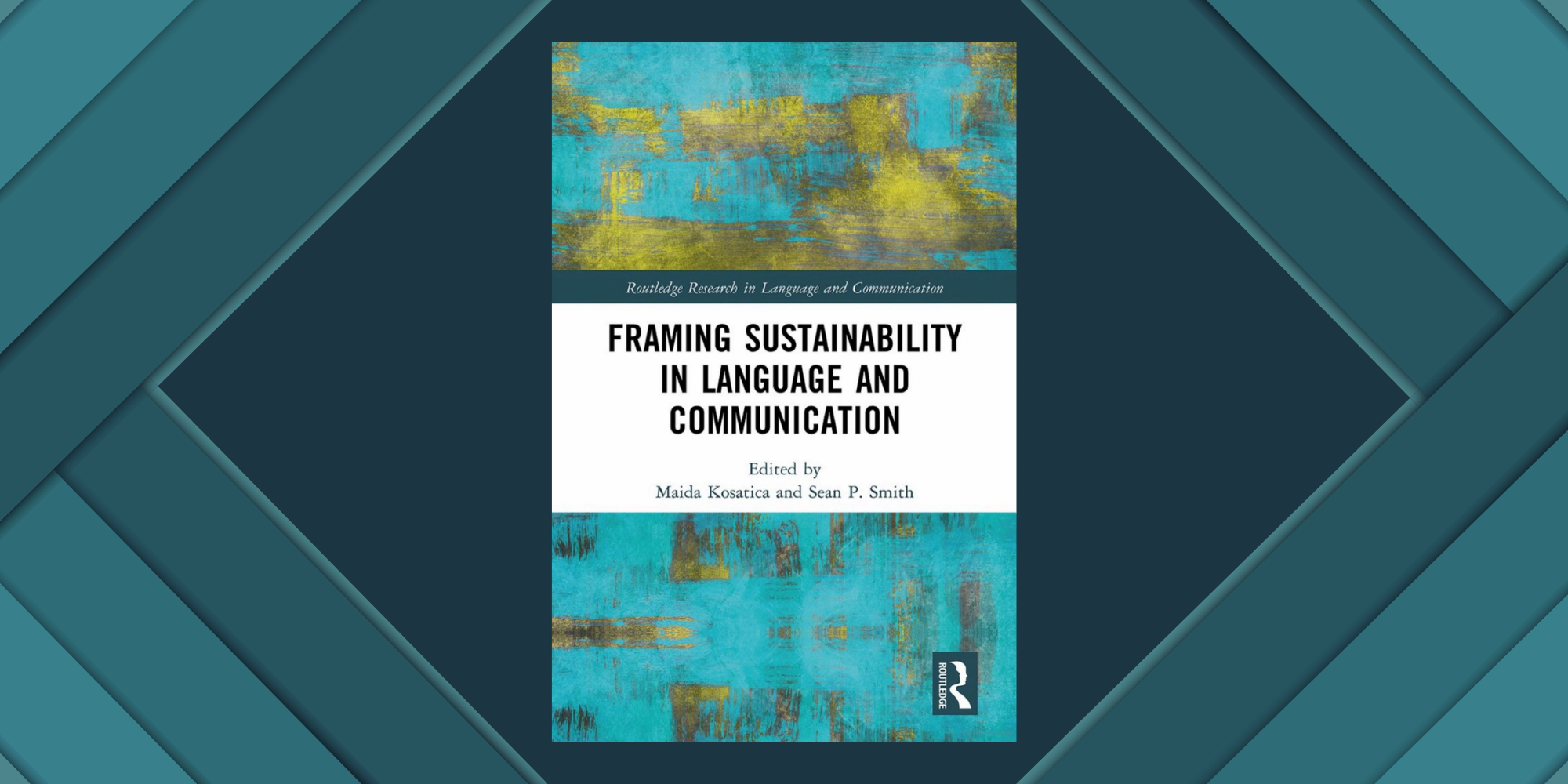

In yesterday’s webinar, Naomi Klein, Dr. Kendra Jewell, Dr. Chris Russill, and Erin Blondeau explored the intersection of climate change, disinformation, and conspiracy theories, and how they shape public perception and policy responses.
We started off the evening with introductions and a presentation by Naomi Klein where she discussed how extreme weather events like hurricanes and wildfires increasingly spark conspiracy theories that overshadow the reality of climate change. She noted that events like the recent Maui fires or Hurricanes Helene and Milton often ignite narratives about elites orchestrating disasters for resource control. “Conspiracy theorists get the facts wrong but often get the feelings right,” she said, emphasizing how these emotional responses to crises are often overlooked in mainstream discussions.
Dr. Kendra Jewell expanded on the emotional drivers behind climate change denial, explaining that for many, the perceived impacts of climate change don’t translate into belief in the crisis. “Climate change isn’t just a politicized topic, it’s an existential gut check,” she remarked, pointing out that feelings of abandonment, distrust, and fear are central to resistance. These emotions make conspiracy theories particularly compelling.
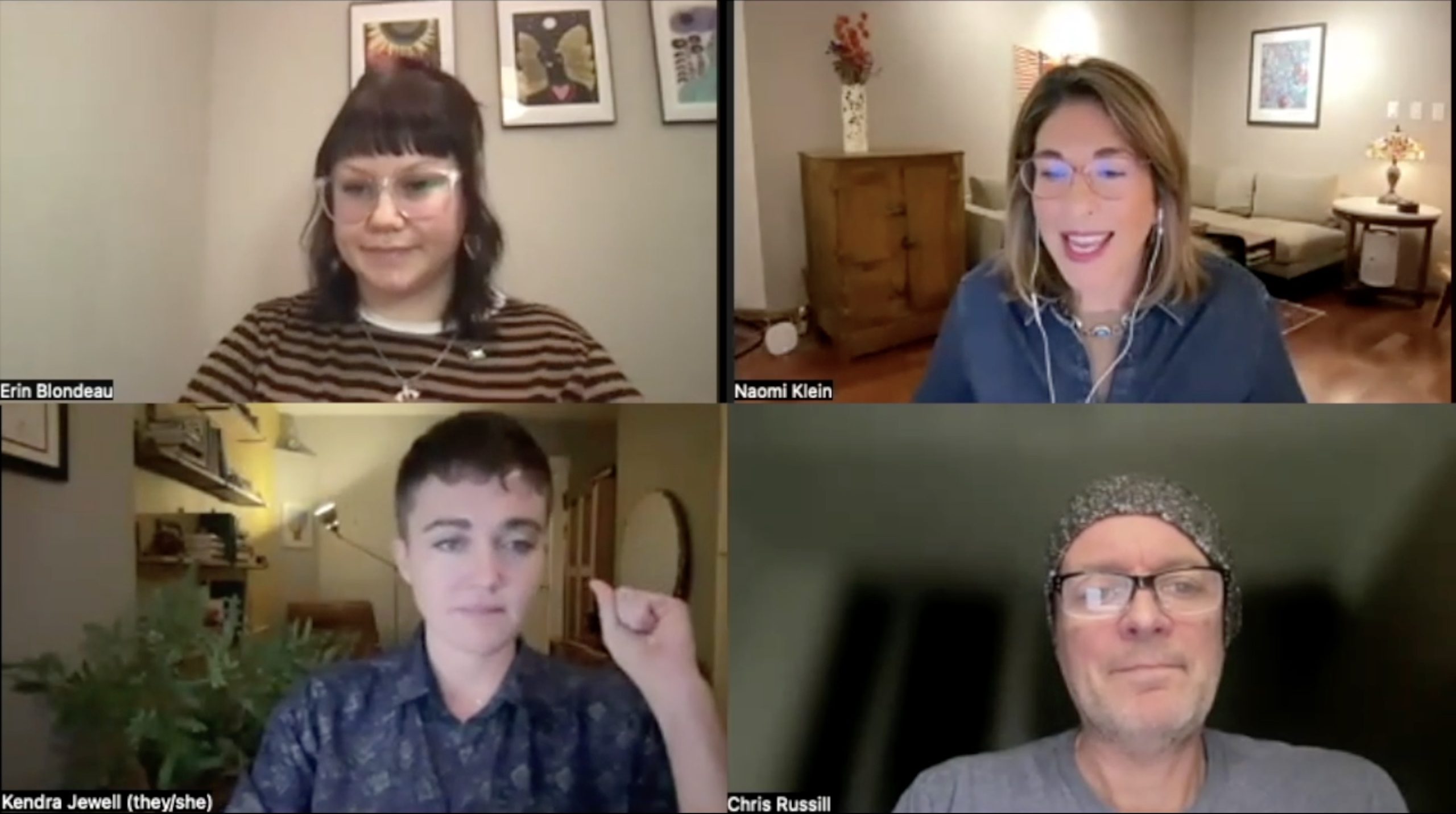

Dr. Chris Russill drew parallels between misinformation about wildfires in Canada and the denial narratives around hurricanes in the U.S. He explained how the “flame wars” surrounding wildfire causes, such as focusing on arson, mirror climate change denialism seen with extreme weather events elsewhere.
Erin Blondeau shared her personal experience having been part of communities wrapped up in conspiracies and misinformation. She discussed how many people feel disconnected from the political system and more vulnerable to conspiracy theories. Erin also presented her work at the Climate Emergency Unit, highlighting the “6 Markers of Climate Emergency,” which stress the urgency of truthful communication and immediate action. She emphasized that clear, honest messaging is essential to counter misinformation and build support for climate action.
If you’d like to hear more on this important discussion, you can find the link below to access the full recording, along with the materials referenced during the webinar!
About the Speakers:
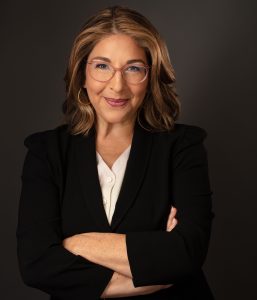 Naomi Klein is Co-Director of University of British Columbia’s Centre for Climate Justice and an Associate Professor in the Department of Geography. She is a New York Times bestselling author of nine books, an award-winning journalist, and a columnist with The Guardian. The New York Times called This Changes Everything (2014) “The most momentous and contentious environmental book since Silent Spring” and her 2023 book Doppelganger follows up on its themes with a deep dive into conspiracy culture, examining its impacts on public health and the climate crisis, among other themes.
Naomi Klein is Co-Director of University of British Columbia’s Centre for Climate Justice and an Associate Professor in the Department of Geography. She is a New York Times bestselling author of nine books, an award-winning journalist, and a columnist with The Guardian. The New York Times called This Changes Everything (2014) “The most momentous and contentious environmental book since Silent Spring” and her 2023 book Doppelganger follows up on its themes with a deep dive into conspiracy culture, examining its impacts on public health and the climate crisis, among other themes.
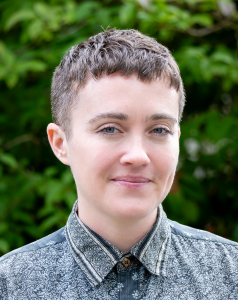 Dr. Kendra Jewell is a researcher and project manager with roots in environmental justice and anthropology. They grew up as a settler on traditional Kumeyaay territory and studied at UCLA before completing a PhD at UBC (2023). Prior to joining the CCJ, Kendra researched and wrote an ethnography analyzing climate change impacts and cultures of denial in Coastal Florida. From 2021-2023, Kendra acted as the research manager for Naomi Klein’s most recent book, Doppelganger.
Dr. Kendra Jewell is a researcher and project manager with roots in environmental justice and anthropology. They grew up as a settler on traditional Kumeyaay territory and studied at UCLA before completing a PhD at UBC (2023). Prior to joining the CCJ, Kendra researched and wrote an ethnography analyzing climate change impacts and cultures of denial in Coastal Florida. From 2021-2023, Kendra acted as the research manager for Naomi Klein’s most recent book, Doppelganger.
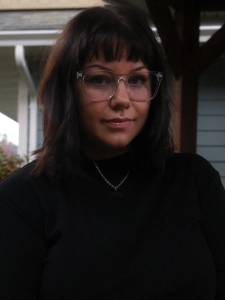
Erin Blondeau is a Métis mom living and working on the west coast of so-called British Columbia on unceded Quw’utsun territory. With over a decade of communications experience, she has worked in roles focused on anti-racism, graphic design, and climate justice. She holds a bachelor’s degree in anthropology, with particular interest in climate communication and conspiracy theories. Erin serves as the communications director at the Climate Emergency Unit while also working as a freelance writer and journalist covering fascism, the climate crisis, conspiracy theories, and Indigenous rights.
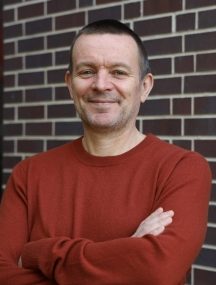 Dr. Chris Russill is an Associate Professor in the School of Journalism and Communication and Academic Director at Re.Climate, a centre for climate communication and public engagement, both housed at Carleton University, Ottawa, Canada. He has researched and taught climate communication for over twenty years at universities in Canada, the U.S., and New Zealand. His current work focuses on problems of disinformation in their relevance to public engagement with climate change and energy transition. Earlier this year, he released Flame Wars, a report on misinformation during wildfires in Canada with partners at McGill and the civic sector. He has lectured widely on these topics and is a frequent commentator in media (Canadian Press; CBC; Postmedia; AFP Canada; France 24; CTV news; National Observer; Narwhal; Gas Outlook).
Dr. Chris Russill is an Associate Professor in the School of Journalism and Communication and Academic Director at Re.Climate, a centre for climate communication and public engagement, both housed at Carleton University, Ottawa, Canada. He has researched and taught climate communication for over twenty years at universities in Canada, the U.S., and New Zealand. His current work focuses on problems of disinformation in their relevance to public engagement with climate change and energy transition. Earlier this year, he released Flame Wars, a report on misinformation during wildfires in Canada with partners at McGill and the civic sector. He has lectured widely on these topics and is a frequent commentator in media (Canadian Press; CBC; Postmedia; AFP Canada; France 24; CTV news; National Observer; Narwhal; Gas Outlook).
A special thanks to our co-organizers and co-sponsors for their support for this event:
Institute for Critical Indigenous Studies; Institute for Resources, Environment and Sustainability; and Centre for Sustainable Food Systems at UBC Farm
